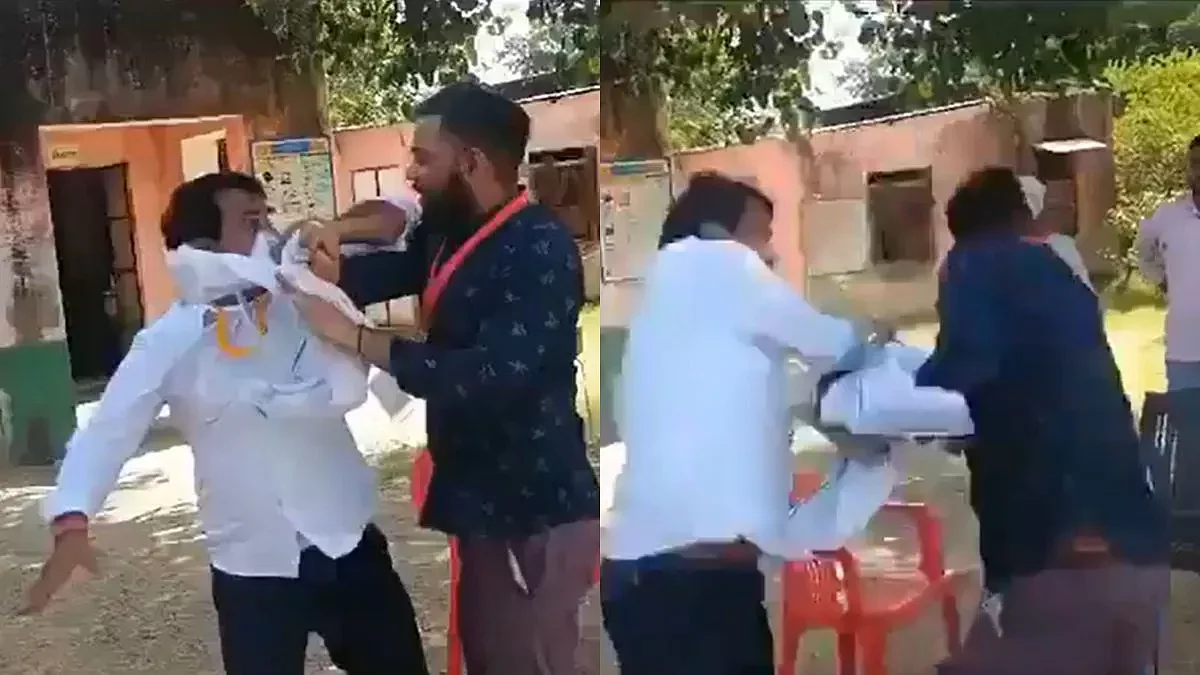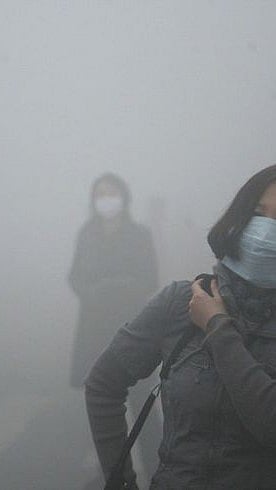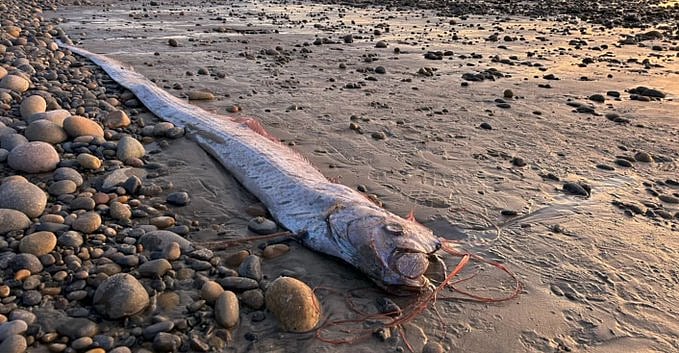Nearly 15 kids sit in a line, hands outstretched, near the Free Press House building in Nariman Point. Six volunteers of the Robin Hood Army (RHA), dressed in green T-shirts start distributing books to each little hand. These kids open their books and sniff them. All smiles, they get ready for their class, a routine now for their Sunday evening for the past few years.
The RHA empowers over 7,500 street children with basic primary education through regular weekend classes with a standardised curriculum. The volunteers here come from different backgrounds and extend their services as a contribution to society. “I decided to give a few hours of my weekend and teach these kids voluntarily. I love doing that because most kids are serious about their studies and seeing them improving is fulfilling,” says Niyati, one of the volunteers at RHA.
Founded by Neel Ghose and Anand Sinha in 2014, RHA emerged when a group of six Indians took to the streets in Delhi to feed the homeless. They drove to restaurants, collected the unused food, re-packaged it and gave it to about 100 people sleeping on the streets of the capital. In no time, the news started floating and volunteers from across the country joined hands resulting in a movement known as the Robin Hood Army. The volunteers of RHA have a presence in 13 cities including Mumbai, Hyderabad, and Kolkata with more than 500 volunteers. In April last year, the group also began operations in Pakistan with volunteers present in Karachi and Lahore.

A volunteer of Robin Hood Army teaching children near the Free Press House building in Nariman Point | Chhaya Gupta
Apart from education, these children are fed fresh meals as well. The class is fun when these volunteers take them for a walk to Marine Drive, a city ride on a double-decker bus, or a visit to a museum. “We give them a fresh meal every Sunday during their class. Sometimes, people come and distribute cakes and goodies to these kids,” says Hitisha Chauhan, who comes from Byculla to teach these children every Sunday. Mazgaon-resident Rohan Ramhude, who has been associated with the NGO for over six years shares that during the COVID-19 lockdown, classes were taken online. “We used to teach them through phones and their parents would volunteer to help the kids study online,” says Rohan.
While India has come a long way with its literacy rate jumping up to 77.7 per cent, there seems to be a long way to go. And the RHA volunteers are surely a ray of hope when it comes to helping fulfil these kids' big dreams. “I want to become a pilot and my favourite subject is maths,” says Gautam Yadav, who studies at Colaba Municipal School. Another third-grade student Jay Sarwan of Kendriya Vidyalaya in Navy Nagar is a regular in these classes and Abhishek Jaiswal, a seventh-grade student has made a windmill that generates electricity, while fifth-grade students Gauri and Ram are preparing for scholarship exams for their further education. “I want to join the Indian Army,” says Ram as we spot Pooja, a specially-abled girl who recently joined the kids on Sunday classes.
Edited by Priyanka Chandani












